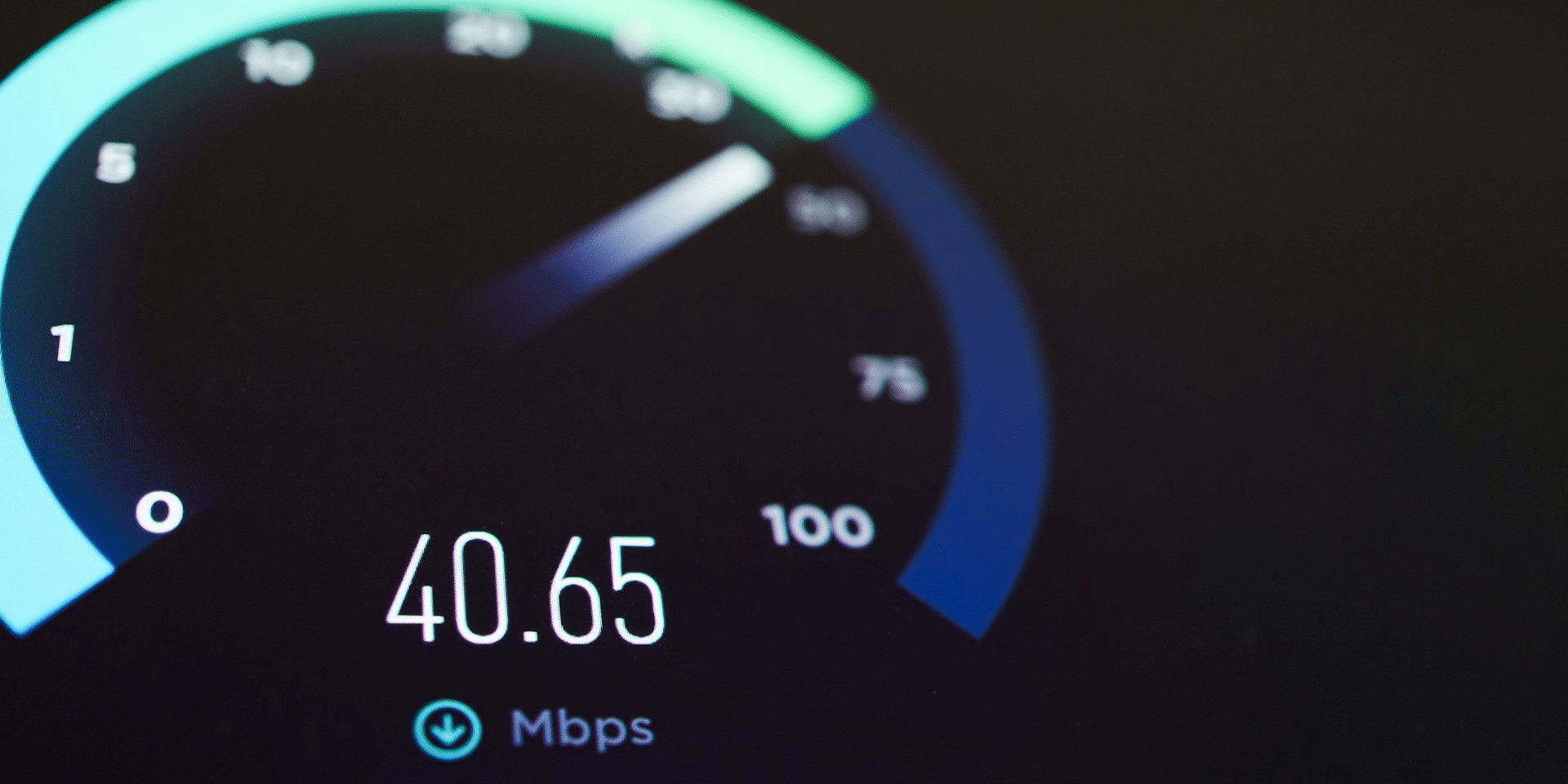In today’s digital age, WiFi has become an integral part of our daily lives, providing convenient and wireless internet access in homes, offices, and public spaces. However, concerns have been raised about the potential health risks of WiFi radiation, with some people suggesting that it may cause cancer. But is there any truth to these claims, or are they simply myths? Let’s take a closer look at the science behind WiFi radiation and its alleged link to cancer.
Understanding WiFi Radiation
WiFi, short for wireless fidelity, relies on radiofrequency (RF) electromagnetic fields to transmit data wirelessly between devices. These RF fields are a form of non-ionizing radiation, which means they do not have enough energy to ionize atoms or molecules and cause damage to cells in the same way as ionizing radiation, such as X-rays or gamma rays. WiFi radiation is similar to the electromagnetic fields produced by other common household devices, such as cell phones, microwaves, and televisions.
Research Studies
Numerous research studies have been conducted to investigate the potential health effects of WiFi radiation, including its link to cancer. The majority of these studies have found no conclusive evidence to support the idea that WiFi radiation causes cancer in humans. According to the World Health Organization (WHO), the consensus among experts is that there is no clear evidence of a causal relationship between exposure to RF fields from WiFi devices and cancer risk.
Lack of Correlation
While some studies have reported associations between WiFi exposure and certain health outcomes, such as headaches or sleep disturbances, these associations are often weak and inconsistent. Many of these studies have methodological limitations, such as small sample sizes, self-reported symptoms, and confounding factors that make it difficult to draw firm conclusions about causality. Additionally, the overall body of evidence does not support a consistent pattern of increased cancer risk associated with WiFi radiation.
Regulatory Standards
To ensure the safety of wireless technology, regulatory agencies around the world have established guidelines and safety standards for RF exposure. These standards are based on the latest scientific research and are designed to protect the public from potential health risks associated with RF radiation. In the United States, the Federal Communications Commission (FCC) sets limits on the amount of RF radiation that electronic devices, including WiFi routers, can emit. These limits are well below the levels known to cause harm to human health.
Expert Opinions
Leading health organizations and experts in the field of radiation safety have weighed in on the issue of WiFi and cancer risk. The American Cancer Society, for example, states that the evidence to date does not support the idea that WiFi radiation increases the risk of cancer. Similarly, the National Cancer Institute and the Centers for Disease Control and Prevention (CDC) have concluded that there is no consistent or convincing evidence to suggest a link between RF radiation from WiFi devices and cancer.
Addressing Concerns
Despite the overwhelming scientific consensus on the safety of WiFi radiation, some people may still have concerns about its potential health effects. It’s important to address these concerns with accurate information and to provide reassurance based on scientific evidence. For example, individuals can take simple precautions to reduce their exposure to RF radiation, such as using WiFi devices at a distance, turning off routers when not in use, and limiting the time spent in close proximity to WiFi antennas.
Continued Research
While the existing body of research suggests that WiFi radiation is unlikely to cause cancer, scientists continue to study the potential health effects of RF exposure, including long-term and cumulative effects. Ongoing research efforts aim to improve our understanding of the biological mechanisms underlying RF radiation and to assess its potential impact on human health over time. By continuing to monitor and evaluate the latest scientific evidence, researchers can provide valuable insights into the safety of WiFi technology and help inform public health policies and guidelines.
Studies Trump Myths
The idea that WiFi radiation causes cancer is not supported by scientific evidence. Numerous research studies, regulatory standards, and expert opinions have consistently found no conclusive link between WiFi radiation and cancer risk. While it’s natural to have concerns about new technologies, it’s important to rely on credible sources of information and to base our understanding of WiFi safety on the latest scientific research. By understanding the facts and dispelling myths, we can continue to enjoy the benefits of wireless technology with confidence and peace of mind.















